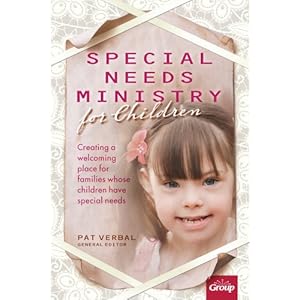Welcome to therapy land. (aka "why does Zoe need therapies?")
/Zoe is beginning physical therapy (for gross motor skills) and occupational therapy (for fine motor skills). Or, in hipster special needs momma lingo, PT and OT.
I usually focus on what she can do, but some people have asked, "Well, if she's doing so well, what's the therapy for?" Well, she's 11 months, but she was born approximately 2.5 months early. That means we look at what she can and can't do in comparison to a typical eight month old. (Special needs etiquette lesson of the day: "typical" is usually the preferred term for kids without special needs.)
Right now, a typical eight month old - per the Mayo Clinic - can do a lot of things Zoe can't: roll both ways (she can, but she doesn't like to because it's laborious), sit up (not even close yet), scoot or rock or crawl (nope), use both hands well (her left hand does okay, but her right notsomuch), pick things up with a pincer grasp (nope, she's a fist girl), and so on. We'll work on those last two in OT and the others in PT. In between therapy appointments, we'll do home exercises.
In both OT and PT, we'll do lots of stretching (which we do daily with her too) because she - like many kids with cerebral palsy, Zoe's official diagnosis - has increased tone in her muscles. To use an analogy, think about the last time you had a muscle spasm in your leg in which everything got tight and you had trouble relaxing. That's kind of like what happens with Zoe, except it's not that severe and it's a constant issue. After stretching time - which she doesn't love but does tolerate - she is visibly relieved and obviously more comfortable.
An amazing trait of our sweet Zoe, though, is her tenacity. She is smart, and she gets frustrated when she can't do something that she wants, like when she wants to drop a toy to pick up another but her grasp tightens instead of loosening. She is motivated to do more, which can help a lot...
...however, this also means that she knows what she doesn't want to do. Consider tummy time for babies. You probably didn't think about it this way, but it's a physical therapy exercise we do for all kids. Some don't mind it; some hate it. But we do it anyway, because it helps.
For Zoe, some therapy activities she likes, and some she hates. We know, even if she doesn't, that they are all helpful, so we keep it up.
 |
| "What?" she says. "You're going to keep doing those exercises I don't like?" |
On another somewhat related note, I find that adoptive and special needs parents alike tend to be a bit prickly. If you Google "what not to say" and "adoption" or "disability," a whole lot of hits come up: nearly a million for "adoption" and more than half a mil for "disability." While a bit of language etiquette can be helpful, it can also make people outside of the adoption and disability communities scared to say anything, out of fear of an unintended insult crossing their lips.
I'm not easily insulted, and if I ever am (or have been), I'll tell you kindly and in person (rather than passive aggressively using you as a "what not to say" example on my blog). So do you have any therapy-related questions? Or other special needs- or adoption-related ones?
(I'm not prickly, I promise, so ask away.)


